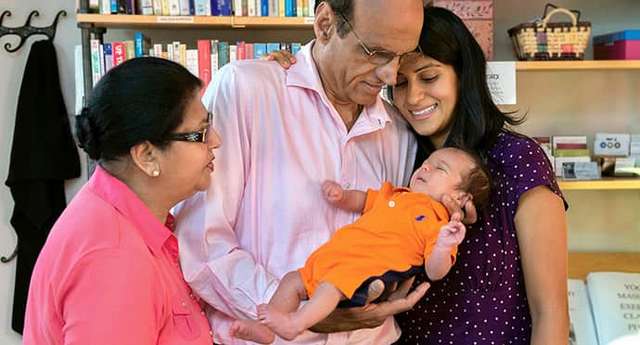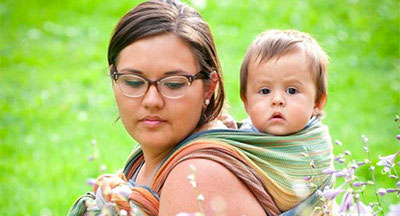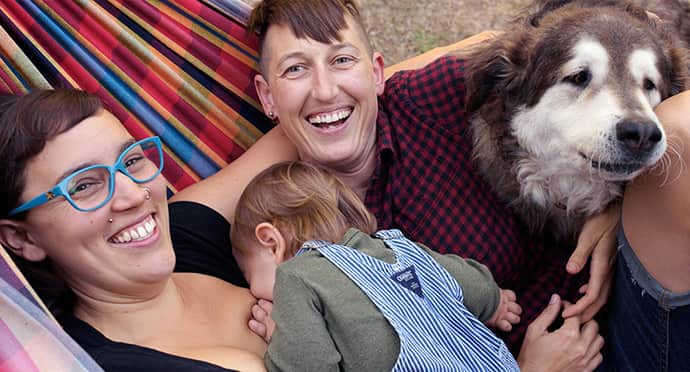LGBTQIA2S+ Care
Did you know, there are 122 ways to become a parent*? The midwifery model of practice in British Columbia supports the needs of all expectant families, no matter which route to parenthood they take.
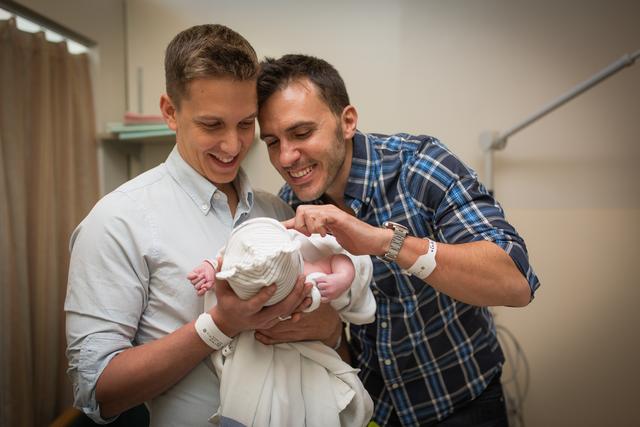
Midwives care for all families during the childbearing year, supporting them through pregnancy, birth and the first 6 to 8 weeks postpartum. This includes families created through pregnancy and birth, adoption, surrogacy, multi-partner relationships, choice, blending and circumstance. Midwives provide primary care while honouring the diversity of their clients and communities and providing respectful and affirming care.
Midwifery is founded on the principles of informed choice decision making, trust building through continuity of care, and choice of birth place. In practice, BC midwives are well suited to care for queer, transgender, and gender diverse clients, taking the time needed to get to know each family and their individual needs throughout their pregnancy and birth care.
Midwifery Care for LGBTQIA2S+ Persons
The midwifery model of practice in British Columbia supports the needs of expectant families in all contexts. With their extensive training, midwives provide a level of care that is safe, individualized and accessible.
Midwives share a common philosophy that all people have a right to accessible, comprehensive midwifery services. They provide care without discriminating on the basis of race, ethnicity, political or religious beliefs, marital status, age, gender identity, sexual orientation, physical or mental ability. Whether same-sex, straight, single or multi-partner families, midwives will provide a level of care that is safe, individualized, and accessible.
Inclusive Care for People Across the Gender Spectrum
“...We can honor the power of all women while at the same time extending this reverence to all people who are pregnant and giving birth, and that to do so is in full alignment with the heart of midwifery.”
— Birth for Every Body Project
Midwives across Canada have made a strong commitment to inclusive care, adopting practices that are respectful and supportive of the sexual and gender identities of all people in their client’s family network. Every person entering a midwifery clinic can expect to be respected and cared for, regardless of their sexuality or gender identity.
This commitment to inclusivity also extends to acknowledging the diverse identities of the midwives practicing in the community. BC midwives are striving to educate themselves in order to better serve and advocate for the transgender, gender queer, non-binary and intersex clients and families in their care.
LGBTQIA2S+ Pregnancy and Birth Resources
Queer and transgender clients have specific needs when it comes to pregnancy care, birthing, and nursing or feeding their babies.
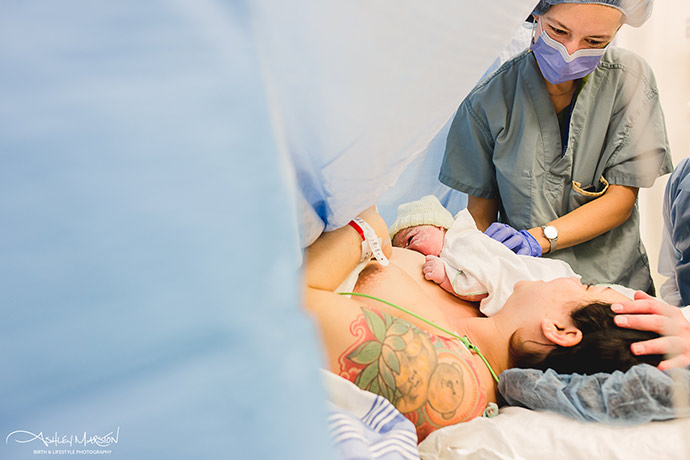
These resources, blogs, articles and groups are a starting point in knowledge sharing, community building and client support:
- Trans and Queer Pregnancy and Parenting Group (Strathcona Midwifery Collective, Vancouver)
- Trans healthcare resource list by Serious Play Films: Resources for TGNC people curious about fertility and pregnancy, as well as resources for midwives, doulas, and other healthcare professionals
Fertility/Family Planning:
- Reproductive Options for Trans Women
- Choosing Children, Legal Pamphlet by barbara findlay’s law office
Care:
- Trans Pregnancy Project: Articles, studies, and other resources for trans people and health practitioners.
- Birth for Everybody: A group of North American midwives working on inclusivity.
Films:
- A Womb of Their Own by, Cyn Lubow
- Transgender Parents by, Remy Huberdeau
Feeding options:
- The Protocols for Induced Lactation: A Guide for Maximizing Breastmilk Production
- Trevor Macdonald’s blog: breastfeeding and parenting from a transgender perspective
- Trans Women and Breastfeeding: A Personal Interview
Queer Parenting Blogs and Books:
- The Remedy: Queer and Trans Voices on Healthcare, by Zena Sharman
- Decolonizing P@renting, A Zine by & for Queer Parents of Color, by Se’mana Thompson
- And Baby Makes More: Known Donors, Queer Parents, and Our Unexpected Families, by Susan Goldberg and Chloe Brushwood
- Revolutionary Mothering: Love on the Front Lines, by Gumbs, Martens, and Williams
- Gays with Kids
- Where’s the Mother?: Stories from a Transgender Dad, by Trevor Macdonald
Facebook Groups:
- The Other Box: Parenthood: for parents and future parents who identify as “Other” in any way
- Queer and Trans Pregnancy and Parenting Group
Research articles:
- Transmasculine individuals’ experiences with lactation, chestfeeding, and gender identity: a qualitative study
- Ellis S, Wojnar D, Pettinato M. Conception, Pregnancy, and Birth Experiences of Male and Gender Variant Gestational Parents: It’s How We Could Have a Family. Journal of Midwifery & Women’s Health
- Obedin-Maliver J, Makadon H. Transgender Men and Pregnancy. Obstetric Medicine
Midwifery Statements:
- Canadian Midwifery Regulators Council – position statement on the use of gender inclusive language
- Canadian Association of Midwives – statement on gender inclusivity and human rights
- Midwives Association of BC – diversity, equity and inclusion statement

